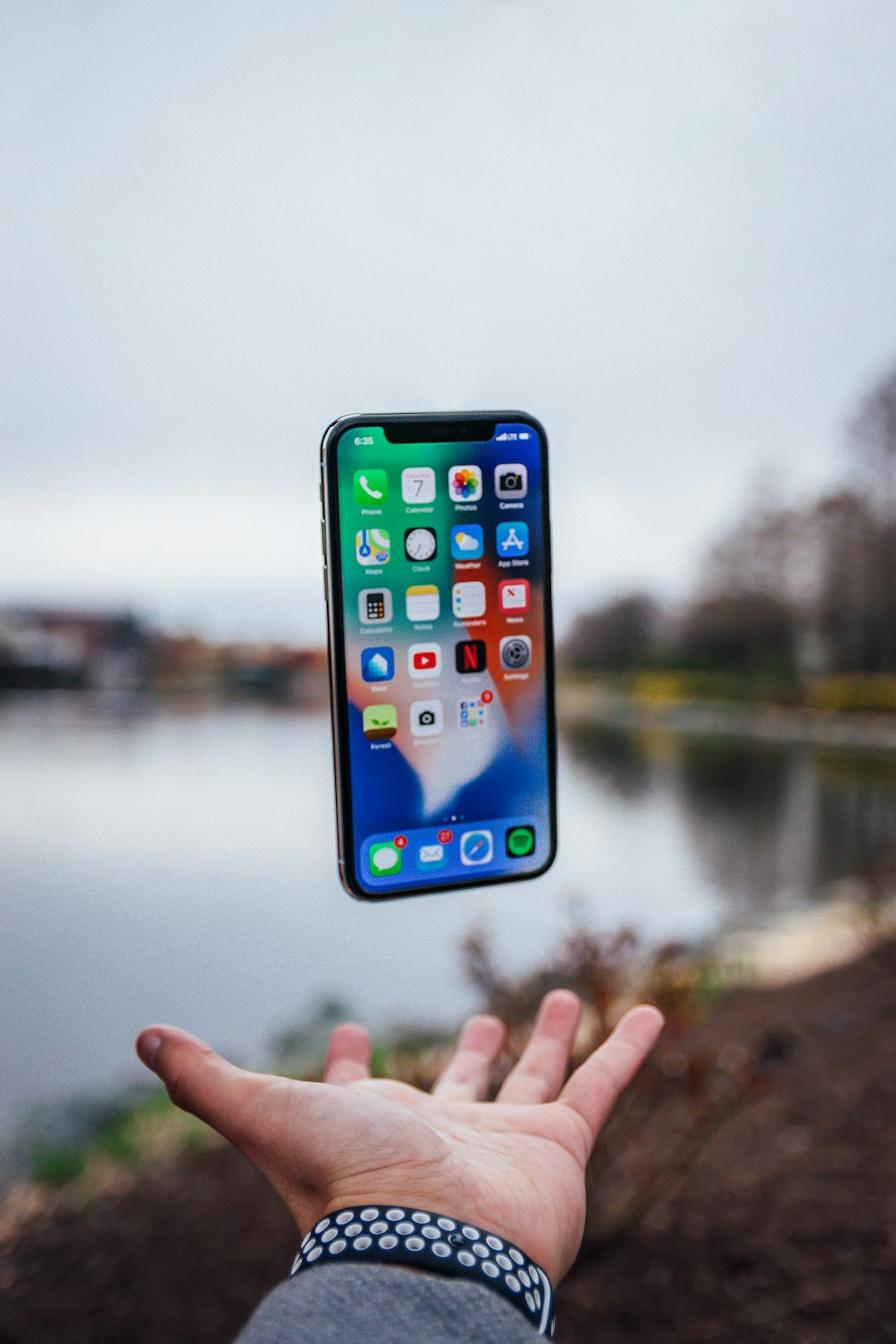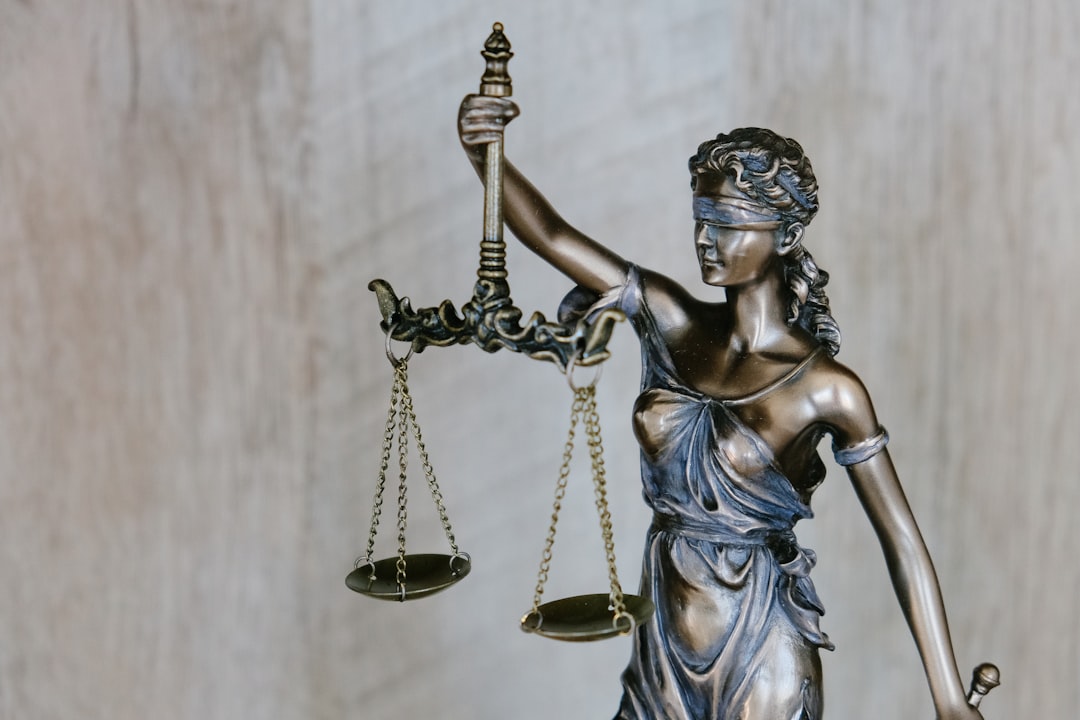In the digital age, technology connects but also brings challenges like spam calls targeting Maine's law firms, exposing client data to security risks despite state regulations. Blockchain technology offers a revolutionary solution by securely verifying caller identities on decentralized ledgers, streamlining verification, enhancing privacy, and fortifying security against fraudulent activities, aligning with stringent spam call laws in Maine and beyond.
“In the battle against relentless spam calls targeting Maine’s law firms, blockchain technology emerges as a revolutionary solution. This article explores how the decentralized nature of blockchain can enhance caller verification processes, offering a promising path for cities like Brunswick to combat this persistent issue. By delving into the challenges posed by spam calls and examining the potential benefits of blockchain implementation, we present a case study highlighting its transformative power in creating a safer, more secure communication environment.”
Understanding the Problem: Spam Calls and Law Firms in Maine

In today’s digital era, while technology connects us like never before, it also presents new challenges for businesses and consumers alike. One pressing issue is the rise of spam calls, which has significantly impacted law firms in Maine. These unsolicited phone calls, often emanating from automated systems or call centers, not only disrupt daily operations but also pose potential security risks. Law firms handle sensitive client data, making them attractive targets for malicious actors who may attempt to gain access through social engineering or phishing attempts initiated via spam calls.
Maine, like many other states, has implemented regulations to combat this problem, such as the Maine Anti-Spam Law, which aims to protect consumers from unwanted and deceptive marketing practices. However, law firms often find themselves on the receiving end of these nuisance calls due to their public listings in phone directories and online legal databases. This situation necessitates a robust solution that not only filters out spam but also ensures legitimate communication channels remain open, especially for critical updates and alerts related to legal matters.
Blockchain Technology: A Potential Solution for Caller Verification

Blockchain technology has emerged as a potential game-changer in various industries, and its application in caller verification is no exception. With the increasing concern over spam calls, especially targeting law firms in Maine, there is a need for robust solutions to combat this issue. Blockchain, with its decentralized nature and immutable ledger, offers a promising approach to address these challenges.
By leveraging blockchain, call verification processes can be streamlined and secured. Each phone number or caller ID can be registered on a blockchain network, creating an indelible record of verified calls. This distributed database ensures that the identity of callers is transparent and cannot be easily tampered with, reducing the effectiveness of spam call campaigns. Such a system could significantly enhance privacy and security, providing law firms in Maine with a powerful tool to combat unwanted and fraudulent calls, in line with the growing regulations surrounding spam call laws.
Implementation and Benefits for Brunswick: A Case Study

Blockchain technology offers a promising solution for Brunswick, Maine, to combat the growing issue of spam calls from law firms and other unwanted callers. The implementation of blockchain-based caller verification systems can significantly enhance privacy and security while providing numerous benefits. By utilizing decentralized ledgers, each call’s metadata—including caller identity, location, and purpose—can be securely recorded and verified. This ensures that businesses and residents in Brunswick have control over their communication data.
One of the key advantages is the prevention of fraudulent calls and spoofing, a common tactic used by spam call law firms to deceive recipients. Blockchain’s immutable nature guarantees that once a call record is added to the network, it cannot be altered or deleted, ensuring transparency and trust. This technology can empower local businesses and residents to block unwanted calls effectively, reducing not only privacy invasions but also saving time and resources previously spent on identifying and reporting spam callers.






